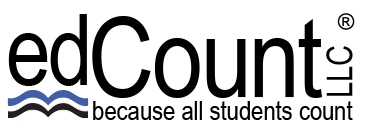edCount’s Strengthening Claims-based Interpretations and Uses of Local and Large-scale Science Assessment Scores (SCILLSS) project team developed a Digital Workbook on Educational Assessment Design and Evaluation: Creating and Evaluating Effective Educational Assessments. This digital workbook encompasses five assessment literacy modules, akin to chapters in a book, that together are intended to provide state and local assessment leaders and educators with a grounding in the principles of developing and evaluating high quality assessments. The first chapter provides an overview to the series and to the categories of validity questions that the subsequent four chapters target, which are construct coherence, comparability, fairness and accessibility, and consequences.
The chapters of the digital workbook are designed to be used on their own or as a resource for those completing the SCILLSS self-evaluation protocols at the local or state level. Each chapter is designed to be self-paced and approximately one-hour in duration. Dr. Ellen Forte, CEO and Chief Scientist at edCount, drafted the content with strong input from experts in each validity area and narrates each chapter. In addition to the core presentation for each chapter, supplemental information and resources such as research citations, articles, web links, and a glossary are provided for participants to access.
The Digital Workbook on Educational Assessment Design and Evaluation is comprised of an Adobe Connect digital workbook, PowerPoint presentation, script, and MP3 for each of the five chapters, and can be found here: http://www.scillsspartners.org/scillss-resources/. We encourage assessment leaders to access, share, and use these materials in states and local education agencies to enhance knowledge and understanding of assessment design and evaluation.
